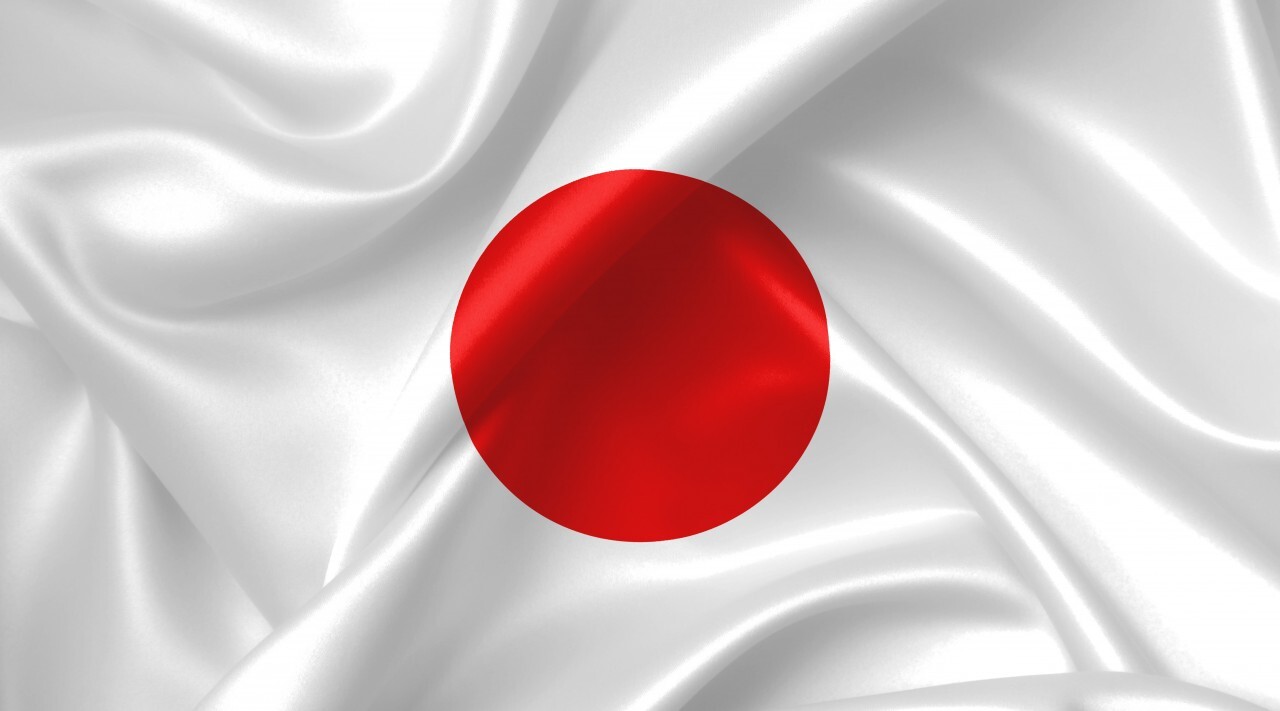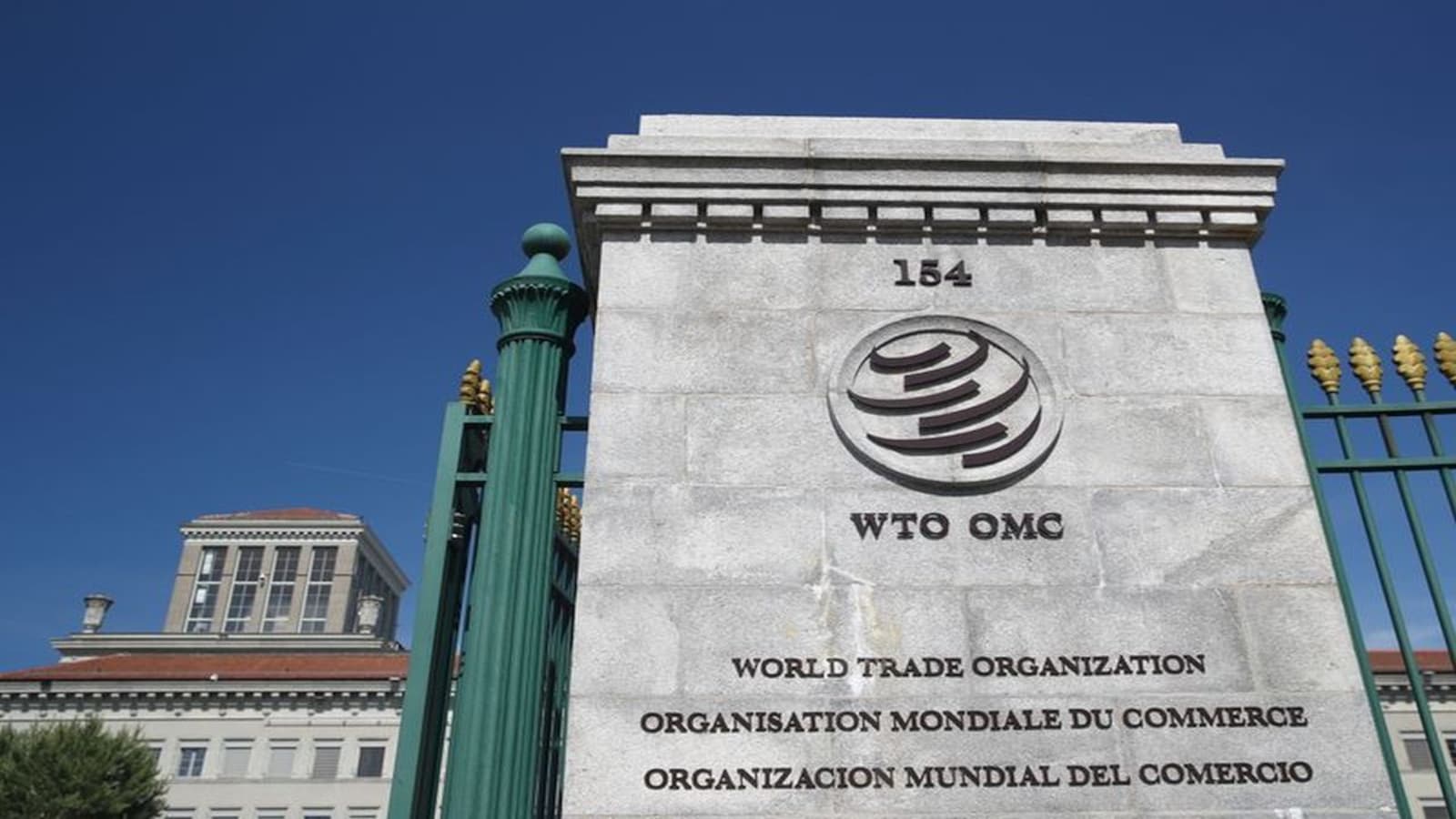Japan Politely Requests India To Abandon WTO Appeal, Because Who Needs Fair Trade Anyway?
Promoting Market Dominance or Ensuring Global Equilibrium: The Consequences of Japan's Assertive Request to India

Japan has formally requested India to revoke its decision to challenge a verdict issued by the dispute settlement body (DSB) of the World Trade Organization (WTO). The ruling had previously invalidated New Delhi‘s implementation of tariffs on various information and communication technology (ICT) products, including mobile phones and electronic components.

Japan‘s appeal urges India to reconsider its stance and comply with the WTO’s judgment, aiming to resolve the ongoing trade dispute between the two countries.
During the recent meeting of the Dispute Settlement Body (DSB) held on Tuesday, the United States voiced its support for Japan by expressing concerns over India’s tariffs. The US delegation emphasized that these tariffs impose an inequitable financial burden on foreign companies, consequently restricting access for Indian consumers and domestic firms to crucial high-tech products.

This viewpoint was articulated as the US advocated for a fair and balanced trade environment that encourages unrestricted access to advanced technological goods for all stakeholders involved.
China expressed its approval of the panel report, regarding the dispute at hand. Conversely, Canada and the European Union (EU) urged India to seek a resolution through the Multi-Party Interim Appeal Arbitration Arrangement (MPIA). This alternative mechanism for resolving World Trade Organization (WTO) disputes was proposed as a means to address the issue at hand.

However, India has voiced its opposition to the MPIA, as it believes that such an arrangement would undermine the multilateral trading system that is currently in place. While China embraced the panel’s findings, Canada and the EU advocated for the utilization of the MPIA, which India has firmly opposed, citing concerns regarding the impact it could have on the existing framework of international trade.
In April, a panel convened by the World Trade Organization (WTO) reached a significant decision regarding India’s tariffs, determining that they had breached the regulations established by the Information Technology Agreement (ITA), an international accord aimed at fostering global trade.
The panel’s ruling favored the European Union (EU), Japan, and Taiwan, stating that India’s tariffs were in violation of the established global trading rules. This decision highlights the importance of adhering to international trade agreements and underscores the significance of upholding fair and open trade practices among nations.

During the meeting held on Tuesday, the Dispute Settlement Body (DSB) reached a consensus to grant an extension until September 19th to thoroughly evaluate the adoption of the panel’s ruling in the case involving Taiwan.
Both India and Taiwan have expressed their support for this additional time, emphasizing that it would significantly contribute to the resolution of the ongoing dispute. This decision reflects a commitment to ensuring a comprehensive examination of the panel’s findings before reaching a final verdict, demonstrating the importance placed on a fair and just resolution to the matter at hand.
According to a Geneva-based official, Japan expressed its disappointment with India’s choice to appeal the panel ruling, which consequently led to the case being sent into the void. The Japanese government conveyed its dissatisfaction regarding this decision by India.
The move by India to challenge the panel ruling and allow the case to fall into a state of uncertainty was met with disappointment from Japan. The statement made by the Geneva-based official highlights Japan’s stance on the matter, emphasizing their disappointment with India’s actions.

Currently, the absence of an Appellate Body Division within the World Trade Organization (WTO) renders it unable to address appeals, primarily because of the prevailing disagreement among WTO members regarding the appointment of new members to the division.
Consequently, all appeals submitted are deemed as an ‘appeal into the void.’ This situation arises from the impasse in reaching a consensus among member states regarding the process of filling vacancies within the Appellate Body Division, thereby leaving it understaffed and unable to fulfill its essential function.
As a result, the absence of a functioning Appellate Body Division hampers the resolution of trade disputes and the enforcement of the WTO’s dispute settlement mechanism, creating significant challenges for the multilateral trading system as a whole.
Proofread & Published By Naveenika Chauhan



